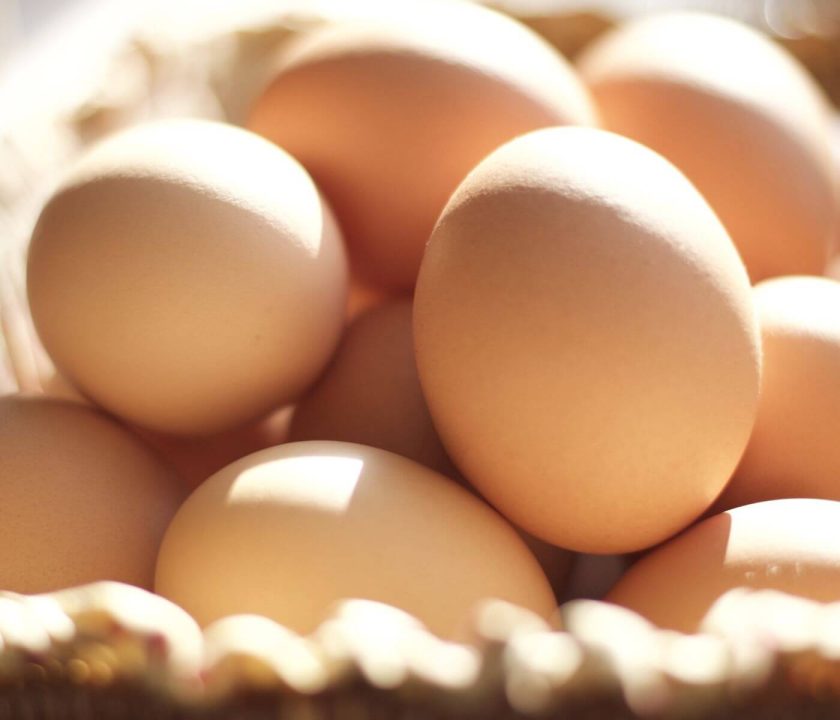Malaysia has saved approximately USD 29 million over the past three months by gradually reducing chicken egg subsidies, with full removal set for August 1.
According to the Agriculture and Food Security Ministry, the phase-out has not disrupted supply or triggered price hikes.
Robust supply, smooth policy shift
Monthly egg production remains strong at around 1.75 billion units, well above the country’s domestic demand of 1.06 billion. This surplus of nearly 690 million eggs is expected to support exports.
Several factors support market stability:
- Lower chicken feed costs
- Steady supply of affordable lower-grade eggs (Grade C and D)
- Consumer shift toward economical egg options
While prices for higher-grade eggs (A and B) are slightly elevated, in some areas, sellers have reduced prices further due to oversupply.
The subsidy was halved from USD 0.02 to USD 0.01 per egg on May 1. The government continues to work with producers, wholesalers, and retailers to monitor prices and prevent profiteering as the market adjusts.

